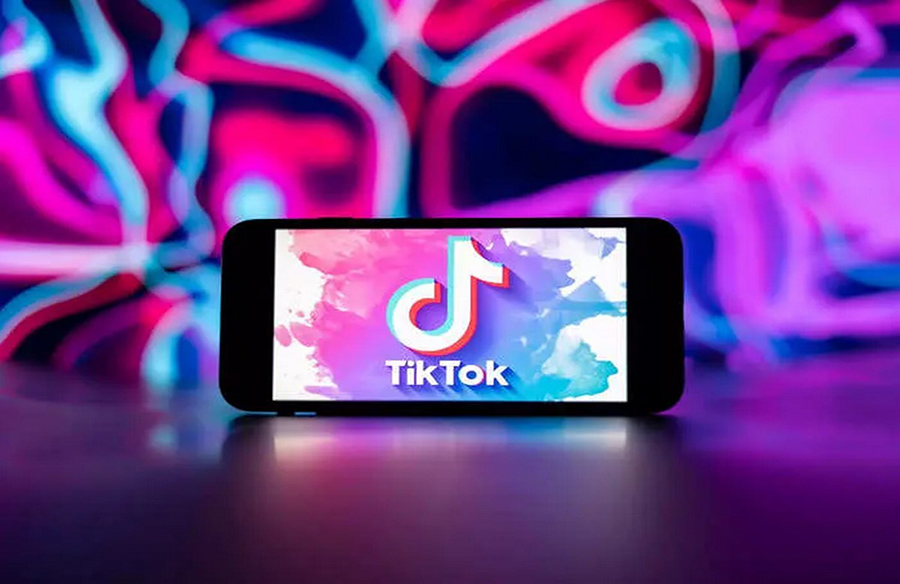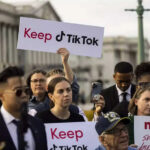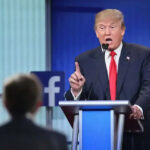TikTok’s recent attempt to mobilize its user base to influence Congress has seemingly boomeranged, inadvertently reinforcing lawmakers’ concerns about the app’s influence and Chinese ownership.
The Campaign
TikTok initiated a pressure campaign urging users to oppose a bill threatening to ban the app in the United States. This bill, gaining traction in Congress with support from President Biden, aims to address concerns regarding TikTok’s Chinese ownership, data privacy, and its sway over young users.
Unintended Consequences
In response to TikTok’s call to action, users flooded congressional offices with calls, expressing opposition to the proposed legislation. The overwhelming response prompted some lawmakers’ offices to shut down phone lines temporarily, reflecting the potency of TikTok’s outreach efforts.
Affirming Concerns
The magnitude of TikTok’s campaign underscored long-standing fears among politicians regarding the app’s potential as a propaganda tool and its ability to mobilize large swathes of users for political purposes. This unintended consequence may have solidified support for the bill among previously undecided lawmakers.
Political Fallout
Reports suggest that TikTok’s strategy has incited frustration and anger among members of Congress, potentially swaying some undecided legislators to back the bill. Despite TikTok’s efforts to rally opposition, the House panel voted unanimously in favor of advancing the legislation, signaling rare bipartisan support for curbing TikTok’s influence.
Reactions and Responses
Congressman Raja Krishnamoorthi characterized TikTok’s actions as a “massive propaganda campaign,” while an anonymous GOP aide criticized the platform’s tactics as “backfiring.” TikTok defended its campaign, suggesting that the flood of calls from constituents should prompt lawmakers to reconsider their stance.
Legislative Progress
Following the influx of calls, the House panel’s unanimous approval of the bill represents a significant step forward in addressing lawmakers’ concerns about TikTok. With bipartisan support behind the legislation, the fate of TikTok in the US hangs in the balance, highlighting the complexities of regulating social media platforms in an increasingly digital age.











